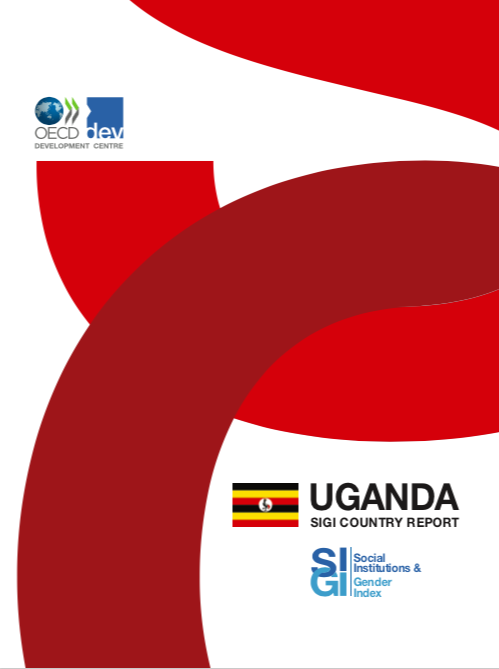Uganda SIGI Country Report
The Uganda-SIGI shows that investments in reducing gender inequalities holdimportant potential to improve women’s rights and reduce gender gaps. Over the pasttwo decades, Uganda has achieved solid progress, courtesy of comprehensive laws andpolicies strengthening women’s political participation and land rights, among others.
However, gaps and challenges remain across some key areas affecting women’srights. Gaps between opinions, perceived and actual practices highlight the urgency to tackle discriminatory social institutions through a multi-pronged and holistic approach.



